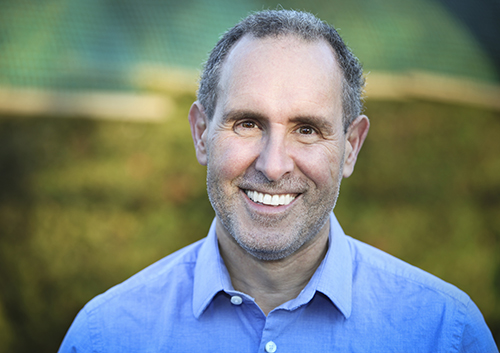When do children usually lose their baby teeth?
January 17th, 2024

Many parents have concerns about their children’s teeth not falling out on time. Drs. Arti and Ashi and our team are here to answer any questions parents may have about when children lose their teeth.
Children have 20 primary teeth that come in around age three. By about age six, these teeth will loosen and begin to fall out on their own to make room for the permanent ones. It is common for girls to lose their baby teeth earlier than boys. Most children lose their final baby tooth by age 13.
Baby teeth normally fall out in the order in which they came in. The lower center incisors are usually the first to fall, around age six or seven, followed by the upper central incisors.
If a child loses a tooth to decay or an accident, the permanent tooth may come in too early and take a crooked position due to teeth crowding. If your child loses a tooth to decay or accident, call Drs. Arti and Ashi to make an appointment.
Some kids can’t wait for their baby teeth to fall out, while others dread the thought of losing a tooth. When your child begins to lose teeth, you should emphasize the importance of proper dental care on a daily basis to promote a healthy mouth.
Remember to:
- Remind your child to brush his or her teeth at least twice a day and offer assistance if needed
- Help your child floss at bedtime
- Limit eating and drinking between meals and at bedtime, especially sugary treats and drinks
- Schedule regular dental visits for your child every six months.
- Ask about the use of fluoride treatments and dental sealants to help prevent tooth decay.
Call Issaquah Valley Dental Care to learn more about caring for baby teeth or to schedule an appointment at our Issaquah office!



